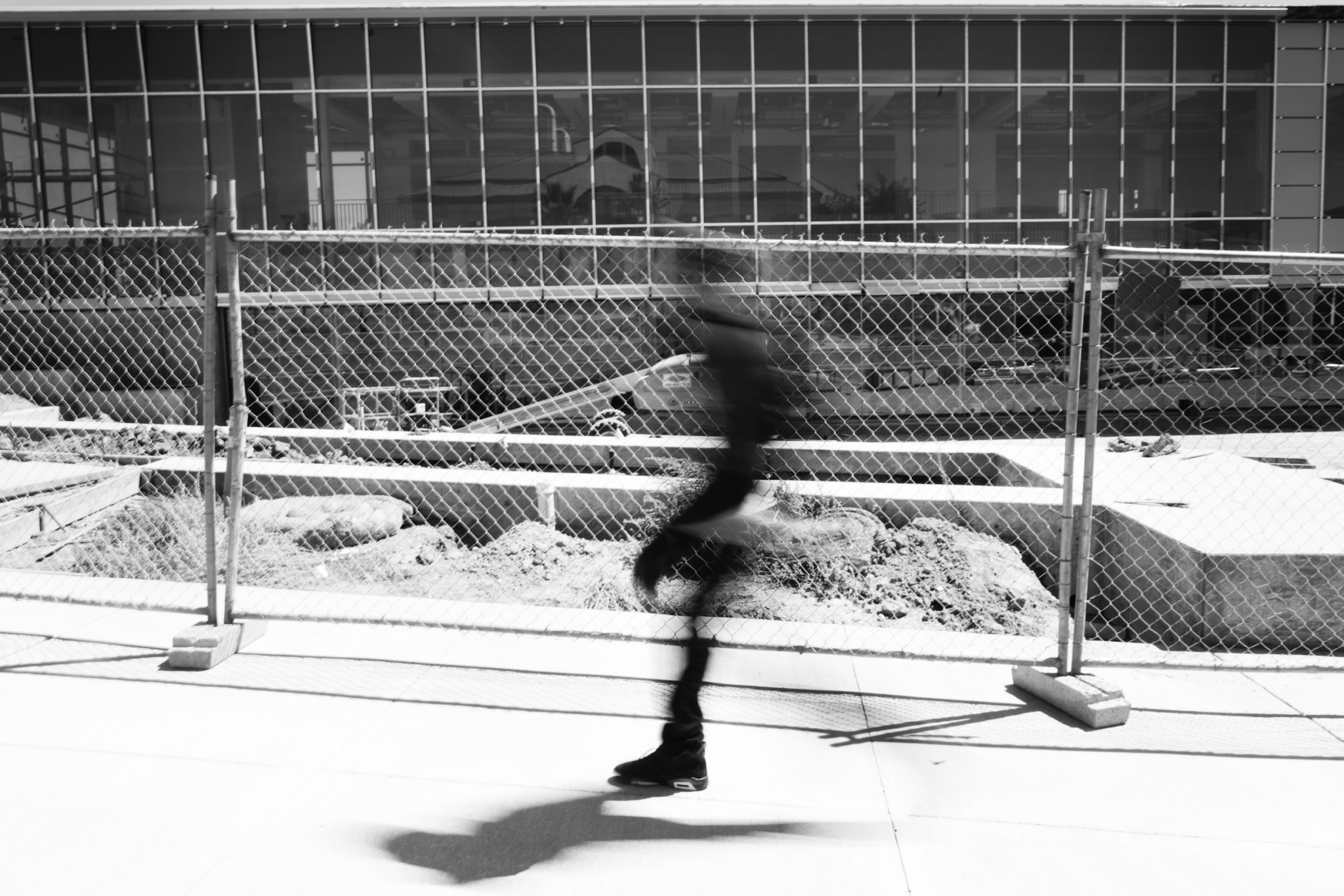Rachel Hanna
@RachelCH97
An unnamed student wearing a backpack, dropped to his knees in front of the class in February. With his fingers shaped seemingly to mime a gun, per eyewitness reports, he closed his eyes, his lips moved as he mumbled. For many, the mass shootings at college campuses over the years came to mind. Fear struck immediately.
But the young man was praying. Later, it was discovered he was experiencing a mental health issue. False alarm.
The situation piqued a concern shared by faculty, staff and students alike: what happens if this campus becomes the latest in an infamous history of tragic collegiate shootings?
The protocol for such situations is kept close to the vest by the college to prevent criminals from anticipating the moves of Campus Safety and Security. But a critical component to the plan of action in keeping the campus safe is student cooperation.
The first opportunity occurs during the registration process.
If there is a bomb threat or an active shooter campus, students will be notified on the cell phone number given on their registration forms. A mass text will be sent out, in addition to an announcement on the school’s PA system, giving pertinent details and instructions from Campus Safety.
“If we believe that there is a gun here at Las Positas College, we would do either a shelter in place or a lockdown,” said Sean Prather, campus safety supervisor. “Depending on what the situation is, either someone actually seeing a gun or thinking they did, campus security will act upon it with a text to student’s phones and the overhead system. The police will be contacted and they will come to the campus, as the students and faculty are sheltered in place. The camera system will be utilized as the gun is on campus. The campus security is here to support the police with our infrastructure on the campus with our security systems.”
Another way students participate in promoting safety is adhering to the “see something, say something” decree. Reporting suspicious activity is a way of preventing attacks or at least getting the proper help to the situation expeditiously. Those precious minutes, and the information reported, could be the difference between life and death.
“If the public doesn’t want to help the police,” Prather said, “and has an attitude of not wanting to say anything, or get involved, the police would not have a lot to work with.”


